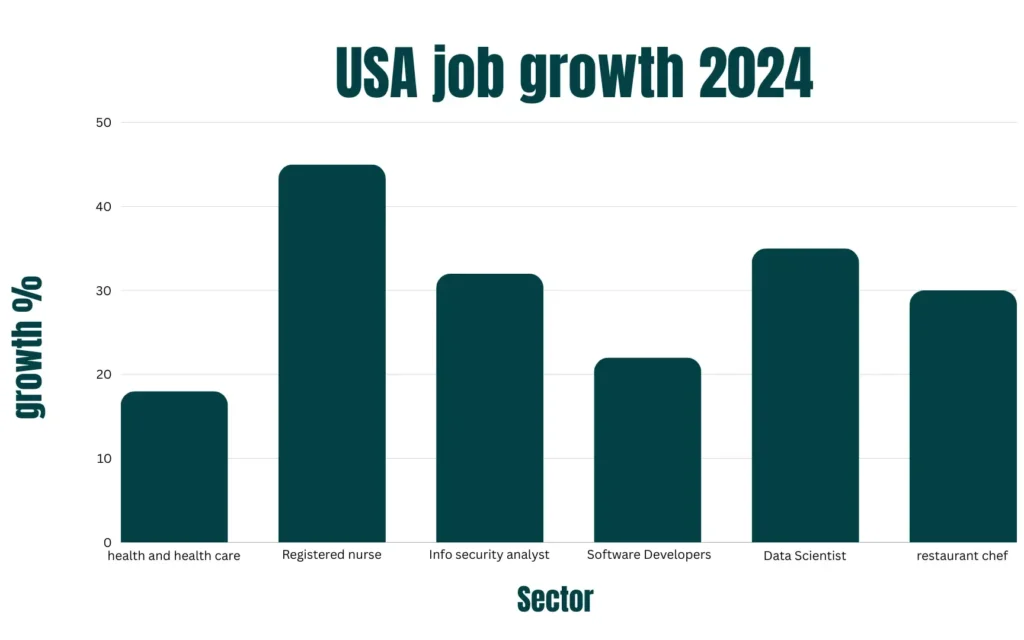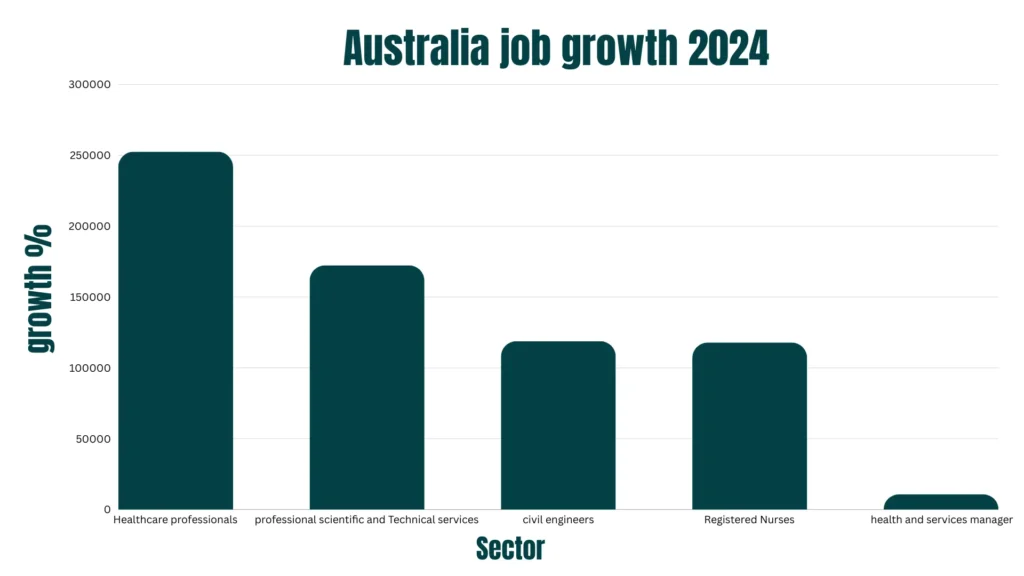How Diversifying Your Skillset Can Secure Your Future

The employment landscape is ever-changing in the maelstrom of today’s job market. The era where a single degree or specialization paved the way for a lifetime career is behind us. As we witness the rise of automation, globalization, and technological innovation, fresh graduates and seasoned professionals alike encounter new hurdles. The unease of job scarcity casts a shadow, particularly in hotspots like the US, Australia, and the EU.
Yet, there is a lighthouse in the storm—the strategy of diversification. It’s time to break free from traditional career paths and enter a new era that values versatility, adaptability, and cross-disciplinary skills. The World Economic Forum, Future of Jobs Report 2023,’ states, “Analytical thinking and creative thinking remain the most important skills for workers.” Almost 50% of the companies surveyed reported that they would reward employees with these skills and an affinity for leadership, empathy, and social influence.
A clear indicator of the way the industry in the USA is hiring comes from this graph:

Fortifying Foundations Across Industries
Let’s explore how professionals in various fields can bulletproof their careers by enhancing their capabilities:
Engineering:
Once an emblem of stability, the engineering sector has recently faced turbulence. To stay relevant, engineers should extend their expertise into burgeoning areas. For instance, civil engineers can gain a competitive edge by mastering sustainable design or green technology, while mechanical engineers could dive into design/ additive manufacturing. Explore options that add new skills to your resume and acquire a dual degree or minor in diverse areas, such as supply chain management, project management, operations research, etc. It is no longer enough just to acquire a degree in engineering; get a minor that makes you stand out!
Data Science and Technology:
Big data and AI are omnipresent, but mere proficiency in these fields may fall short. Data scientists should seek knowledge of GenAI, Cybersecurity, Healthcare Analytics, or Financial Modeling. This blend of technical skill and industry-specific knowledge can pave the way for niche, high-demand roles. With Generative Artificial Intelligence promising to change the employability landscape, it is a go-to course for a job guarantee.
Business and Management:
Business degrees are invaluable, but specialization can be a game-changer. Delving into supply chain management or operations research and earning certifications like Lean Six Sigma can set a candidate apart as a multifaceted problem-solver. Even better, look at options that allow you to acquire a dual degree in Healthcare Management/ Business Analytics/ Project Management, etc.
Healthcare and Life Sciences:
With the healthcare industry’s rapid growth, there’s a deep hunger for interdisciplinary skill sets. For example, biomedical engineers with a grasp of regulatory affairs or pharmaceutical scientists adept in data analytics stand to lead the charge in innovation. So are fields of study such as Bio-informatics and Biotechnology.
The Demand for Diverse Skills
Here’s a snapshot of the job market demand:
· Healthcare and Ancillary Services: With over 1.71 million jobs to be created, a huge demand is expected in the healthcare sector. Expect shortfalls in fulfilling demands for nursing, home health care, occupational therapists, etc.
· Quasi-Management Sector: Supply Chain, Warehouse Managers, Operations Managers, and Project Managers are witnessing a surge with 1.44 million opportunities.
· Accountants & Auditors: There’s a clear pivot towards analytical skills. Students with degrees in Maths/Statistics are sought after, with Actuaries, Statisticians and Mathematicians seeing average salaries of USD 93,290 to USD 110,860 per annum.
· Psychology & Social Sciences: A Bachelor’s followed by a Master’s in Mental Health or Psychology can lead to above-median salaries. This area is also a strong indicator of a decline in the individual’s lifestyle and, thus, the importance of the ‘counselor’ in the workspace, school, or the general healthcare sector.
Countries like Australia have experienced severe labor shortages. The figure has risen from 286 professions reporting shortages to over 330 in 2023. Thus, in Australia, labor shortage isn’t just a buzzword; it’s a reality. Especially in white-collar professions, there’s a significant demand for jobs like actuaries, tax accountants, and solicitors. If you possess skills, particularly in professions like health, engineering, ICT, or Natural or Human Sciences, Australia could be a goldmine of opportunities. These sectors, especially in regional and remote areas, are crying out for skilled professionals.

Embracing the Future with Versatility
The secret to navigating the dynamic job market is embracing skill diversity. By expanding beyond conventional boundaries, you can unlock a plethora of opportunities and safeguard against economic fluctuations. The future belongs to those who are versatile, adaptable, and bold.
With determination and strategic planning, you can shape a resilient career that not only survives but thrives amidst change. So, rise to the challenge, diversify your skill set, and let it be your ticket to a robust, fulfilling career in the global marketplace.
Be versatile. Be adaptable. Be future-proof.
K. P. Singh
* US data sourced from the US Bureau of Labor Statistics
* Australian data sourced from Jobs and Skills Australia
* The Future of Jobs Report by the WEF


